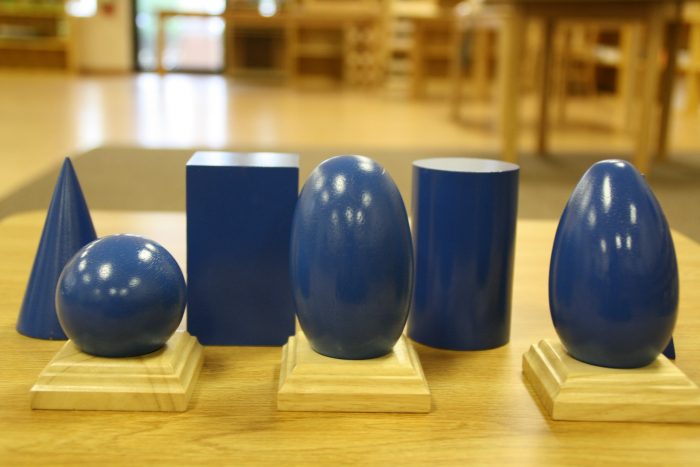

Our experiences and learnings as adults are often expected to be the source of education of the younger generation. The cliché about experience being the best teacher and wisdom as we age are proof that the society asks us to be providers of sensible lessons to the little ones.
But what if it were the other way around?
Earlier today, my cousin went off to her first day of class in a Montessori school. Months before she was enrolled, I had an interesting conversation with my aunt, something that involved evaluating the best school that would meet her list of requirements. Her remarkable fascination with the Montessori approach sparked my curiosity.
So, I started reading about it and spending time with my cousin to learn about what they do in school.
I was captivated by the timelessness and profoundness of Dr. Maria Montessori’s research. They are applicable not just to little children, but to life as a whole! I’ve gotten quite a number of relatable life lessons from principles surrounding the Montessori Method.
Every journey is unique.
Often, if not always, I am guilty of comparing myself to others. I see how advanced another person is in her career and start evaluating if I have accomplished enough milestones as she has in her age. I try to measure myself against the yardstick of accomplishments created by everyone around me. And I end up, most of the time, more frustrated than I was before.
Montessori’s famous phrase, “follow the child”, is a cornerstone principle of the Montessori way. She saw each child as unique from everyone else, hence deserving of a chance to learn and experience things as his need arises. Honoring the child’s unique needs and interests form the core of the Montessori way as each learning session is individualized in approach.
I realized that, from the start, I have always been unique from everyone else, so there is really no need to rush my own pace and insist on living on other people’s timelines. Our milestones and achievements will come in each of our own time, through our individual way of doing things, and in our individual rhythm. Only by accepting our unique traits can we finally hear and follow the potential-filled child that has been inside of us all along.
Satisfaction does not always come from rewards.
We live in a world where instant gratification is a trend and I am not one to deny that rewards from achievements fuel my desire to do more and to be more. Every Instagram follower is equated to popularity. A Facebook like signifies that my post has gained my peers’ approval of my opinion. Our everyday lives as adults have revolved around competitions and comparisons way too much, that success is now measured in terms of the rewards to be received.
In the Montessori system, however, children are taught to take pride and satisfaction in completing a task, without the stimulus of rewards being dangled above their heads. Work well done, such as neatly arranging Montessori materials on a shelf is enough to develop a sense of satisfaction in children.
Perhaps many of us have been too accustomed to receiving recognition that we have forgotten how to be happy about being able to finish something without expecting words of praise in return. Let us remember to take a step back, evaluate, and recalibrate where our satisfaction springs from.
Simplicity will always stand out.
I also had the chance to see an actual Montessori classroom when I tagged along with my cousin and brought her to school. I noticed that the materials in their classroom, including the toys, have something in common: they are simple. Deviating from the usual brightly colorful, battery-powered, sound-emitting, and visually-enticing ones, Montessori toys are often made of wood. The structure is simple and not flashy. They are so designed to facilitate concentration and help the child focus on the object that is being explored so that he can learn by observing and manipulating it.
In this day and age where social media posts challenge our self-esteem with a daily parade of extravagant lifestyles, it is easy to lose focus and be distracted. Slowing down and coming back to my senses, I am reminded that the simple life will always suffice. That, if I take out the filters, the branded clothing, the expensive gadgets, and other accessories from the equation, I will end up with the human being that is built for simplicity, just like everyone else.
I never thought that learning about a method of education for young children would turn out to be an enlightening instance for me. While Montessori education is seen to be a method of teaching, I have come to realize that it is more than a set of principles to be observed. Rather, it is a way of life that can be applied by anyone at any age, anywhere, in any instance, for so long as they are willing to open up their absorbent minds.
Browse Front PageShare Your IdeaComments
Read Elephant’s Best Articles of the Week here.
Readers voted with your hearts, comments, views, and shares:
Click here to see which Writers & Issues Won.








